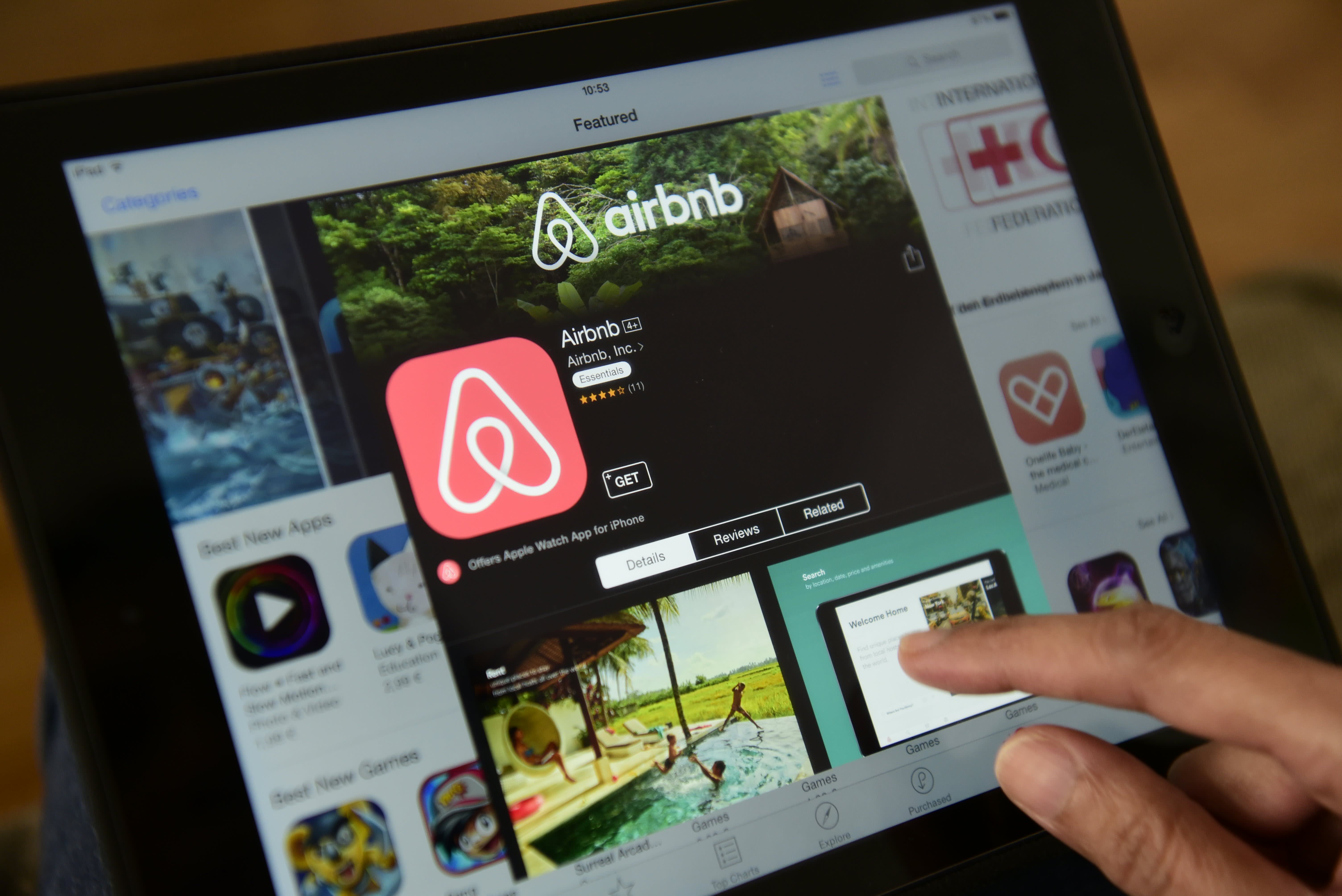Products You May Like
John MacDougall | AFP | Getty Images
The spread of the coronavirus to more than 70 countries is prompting people across the world to reconsider their travel plans — and in some cases, forcing them to.
Fears of becoming sick with the virus on vacation have led to a spike in demand for travel insurance, with consumers wanting a safety net if they end up having to cancel a trip.
But what happens if you need to cancel an Airbnb reservation? Ordinarily, bookings made through the platform fall into one of six categories that dictate how strict the cancellation policy is. These range from “flexible” to “super strict.”
However, the company has rolled out a separate policy for bookings that need to be changed because of issues relating to the coronavirus.
A spokesperson for the company confirmed to CNBC on Wednesday that Airbnb’s “extenuating circumstances policy” applied to any reservation where the host or guest had to cancel the booking in order to comply with restrictions implemented by government or health authorities.
That means travelers or Airbnb hosts can change or cancel a booking free of charge if the booking is in a location impacted by containment measures, travel warnings or travel restrictions. Bookings in mainland China, South Korea and parts of northern Italy currently fall into that category.
Guests traveling from a severely affected area are also eligible to cancel their bookings for free.
Many governments, including the U.K., Australia and the U.S. have issued travel warnings advising their citizens not to travel to affected areas including China, South Korea and parts of Italy. But as the virus continues to spread to new regions, more destinations could soon become off limits.
People unable to travel because of flight cancelations relating to coronavirus are also able to cancel their Airbnb bookings without any charge under the extenuating circumstances policy.
It also applies to guests or hosts who had to alter their travel plans in order to “perform medical or disease control duties in connection with the COVID-19 outbreak,” as well as anyone diagnosed with COVID-19 or suspected of being infected.
What about if guests just don’t want to travel?
The original cancellation policy will still apply to guests or hosts who cancel a reservation due to coronavirus fears if they are not directly impacted by the virus, related travel warnings or travel restrictions.
“Given the health and safety risks posed by this virus, we are asking all hosts and guests to please review your local authorities’ travel guidance and health advisories related to this outbreak, in addition to global guidance from the WHO,” Airbnb said on its website. “We strongly urge our community to take necessary precautions to protect yourself when traveling or hosting.”
Travelers searching Airbnb for destinations that are severely impacted by an outbreak of the coronavirus are being alerted to the situation by advisory banners on the platform, the firm said in a statement on Friday.
“Our focus right now is on how we can best support our stakeholders as they are impacted by this global health challenge, including hosts, guests, employees and the communities in which we operate,” Airbnb said.
Experts have told CNBC that they expect people all over the world to cancel or postpone vacations this year due to fears of contracting the coronavirus.
Industry concerns are already beginning to materialize — U.S. flight bookings to international destinations fell by 20% year-on-year for the five week ending February 23, according to data from ForwardKeys. The travel analytics firm told CNBC the trend was being seen across several international markets, with people in Britain and France also altering or putting off plans to travel.
Meanwhile, airlines have warned that the outbreak will weigh on profits, with the International Air Transport Association estimating in February that the coronavirus crisis will cost the sector more than $29 billion in 2020.
U.K. regional airline Flybe announced it had entered administration on Wednesday, citing the coronavirus outbreak’s impact on demand for travel as one of the reasons for its collapse.

